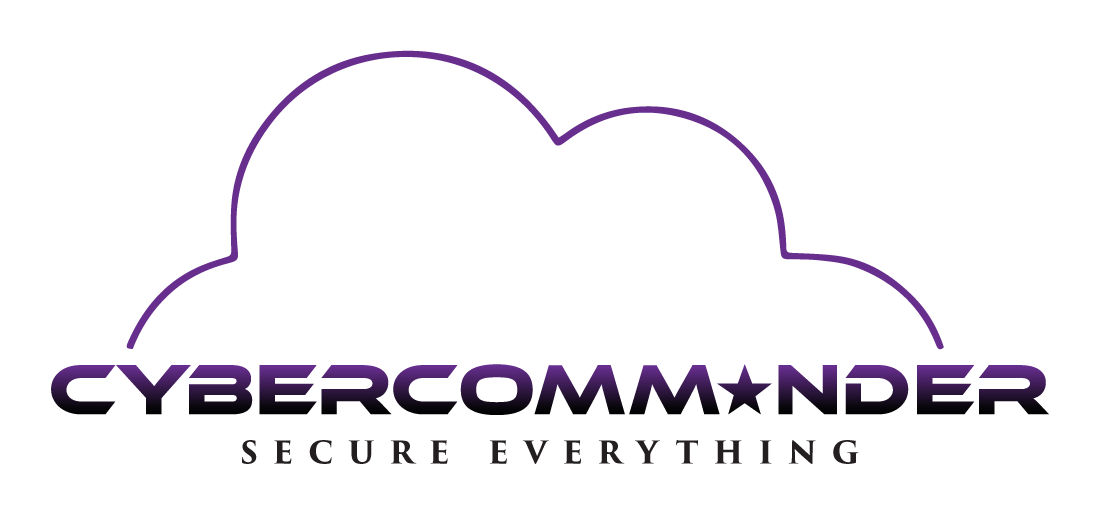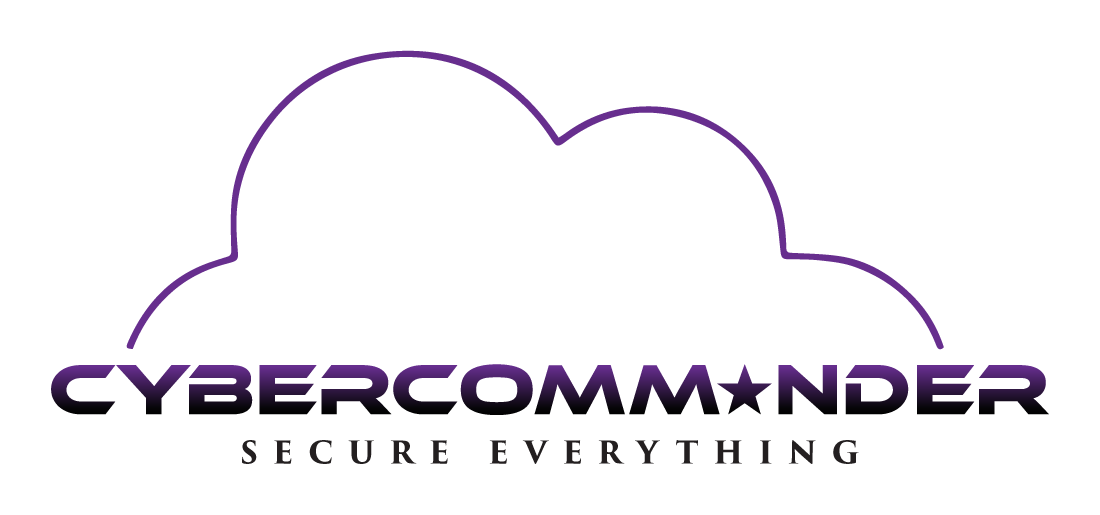Is Online Banking Safe?
Online banking allows you to save time by managing accounts, paying bills in a matter of seconds from the palm of your hand. Nearly everything you can do with an account at a traditional bank is possible through online banking. Online banking is also available from brick-and-mortar banks, which provide access to your accounts in person or online. Typical functions include online bill pay, mobile check deposits, checking bank balances, paying bills, transferring money between accounts, setting up automatic payments, and sending money to another person. There’s just one big concern to keep in mind when banking online: security.
So the daunting question, is online banking safe? Yes, there is a risk of exposing your personal information. However, there isn’t a single person whose information is not already out on the dark web for sale. Online banking platforms go through rigorous testing and monitored by large teams for security. However, no platform is completely secure. Let us take, for instance, the recent pipeline hack. That was likely due to a social engineering attack that a pipeline company employee fell for. What we have here is a perfect example of how a mistake, as simple as falling prey to clickbait on a website, can quickly amount to a national crisis. Rather than debating banking online, we should be discussing the safety measures put in place to protect ourselves when doing so.
Choose Strong and Unique Passwords
This may seem like obvious advice, but your choice of password can create an opening for hackers, even if you don’t realize it. We use the same password for our bank that we do for our social media and then wonder how hackers gained access to our financial information. Some of the most common mistakes you may be making with online banking passwords include:
Using personal information, such as your name, address, or date of birth
Choosing shorter passwords
Relying on common words or simple number combinations
Using the same password for multiple logins
Not updating passwords regularly
While doing those things can make remembering passwords easier, they also make it easier for hackers to guess your password and access your online banking information. When choosing a password, select something easy to remember with a minimum of 8 characters. Make sure it uses as many of the techniques above as possible. One way to do this is to pick a phrase you will remember. Pick all the first or last letters from each word and then substitute some letters with numbers and symbols. You can then apply capitals to some letters (perhaps the first and last or second to last, etc.).
Now that you’ve nailed selecting your strong password, it is also important to remember to update your online banking passwords regularly. Changing them every three to six months could help lower the odds of your password being stolen or decoded by hackers. Also, consider using a password manager to store and protect your passwords. A password manager can make using those longer, more complicated passwords easier.
Enable Two-Factor Authentication
Two-factor or multi-factor authentication can help you step up your security game when protecting your online banking information. In a nutshell, it allows you to add a second layer of security verification to log in to your online or mobile banking account. Although it is possible for two-factor authentication to be hacked, the odds are very low, and 2FA is certainly the best practice when it comes to keeping accounts and systems secure.
Steer Clear of Public Wi-Fi
Public Wi-Fi is convenient when you need to stay connected on the go, but you can’t count on it to be secure. If you do have to use the internet to access online banking while you’re in a public place, there are a few things you can do to help stay secure. These include disabling public file sharing and sticking with sites that are encrypted. An easy way to check for encryption is to look for “https” in the site’s URL, which also triggers the lock icon to the left of the URL in your browser. Your laptop or mobile device’s firewall may automatically flag sites that are deemed unsafe for you. You also could consider setting up a virtual private network or VPN. This essentially creates a private network that only you can access. You can set up a VPN through your mobile device or laptop using a VPN service.
Sign Up for Banking Alerts
If a bank account is a house for your money, then mobile alerts are your alarm system. These email or text alerts can help you keep track of when your money enters and exits your accounts and monitor security. Depending on how your bank operates, you may be able to enroll in email or text alerts to receive notifications. The kinds of alerts you may want to set up include:
Notifications for new credit and debit transactions
Low account balance alerts
Failed login attempt alerts
Profile or password change alerts
Outgoing wire transfer alerts
Large purchase alerts
Having your notifications on will help you be prepared should someone manage to hack your account and make a fraudulent purchase. With your notifications on, you will be able to notify the bank right away that your online banking details were compromised, preventing any additional fraudulent activity.
Online banking gives you control over your financial life at the touch of a button, but, as with anything else online, there are risks when it comes to security. That shouldn’t keep you from using online and mobile banking, but it does mean you’ll need to be careful about how you approach it. That’s where the measures outlined here can help. By being proactive with managing security risks, you can help decrease the odds of your online banking information ending up in the wrong hands.


